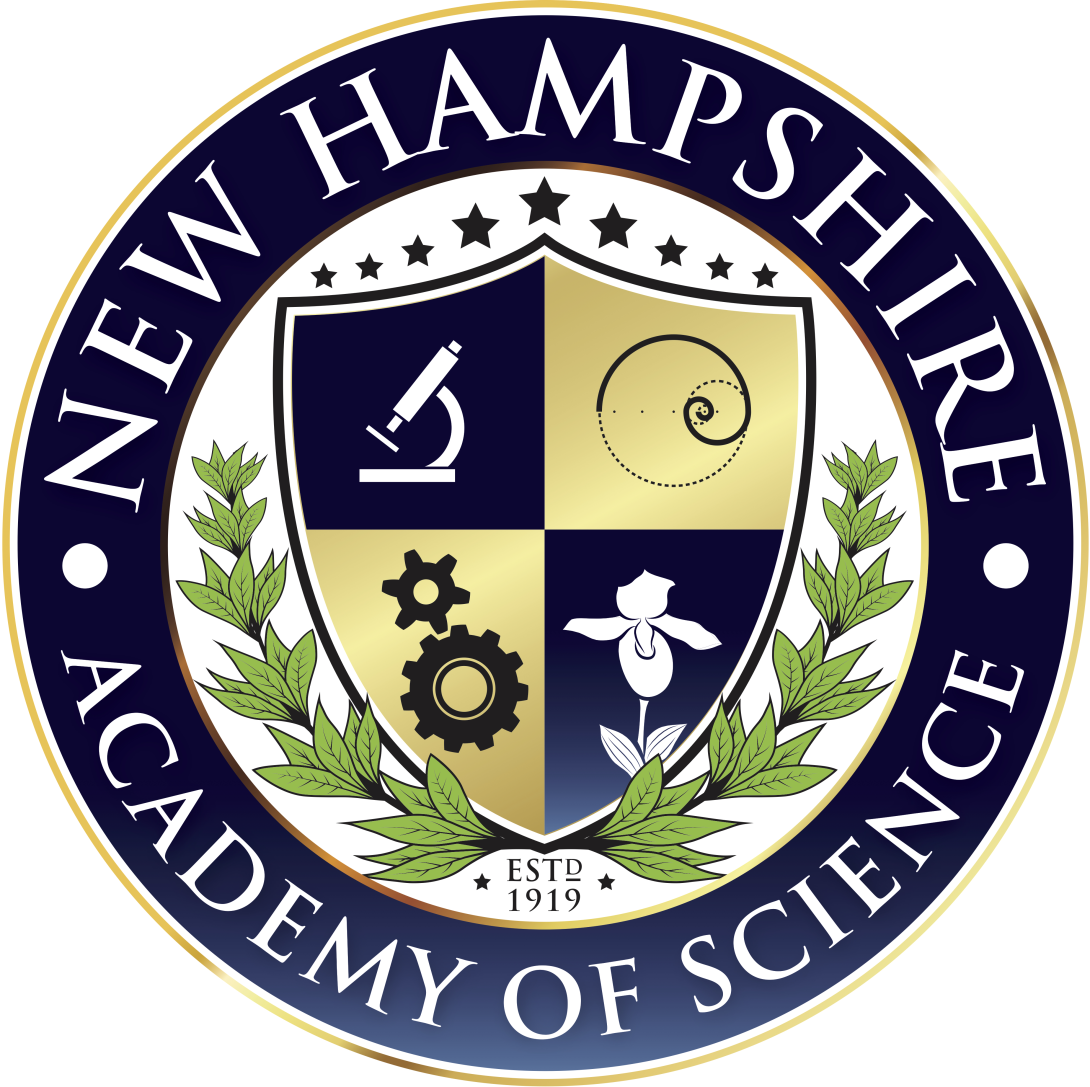Bolstering STEM Pathways for Students in Rural New England Through a Comprehensive, Multi-Year Learning Community
PosterThe New Hampshire Academy of Science ITEST grant began Sept. 1, 2022 and will enable wrap-around programming to provide underrepresented students in underserved rural communities with scientific research experiences along with mentorship and college prep throughout high school, starting at each grade level. We are currently developing recruitment strategies for our first two cohorts.
